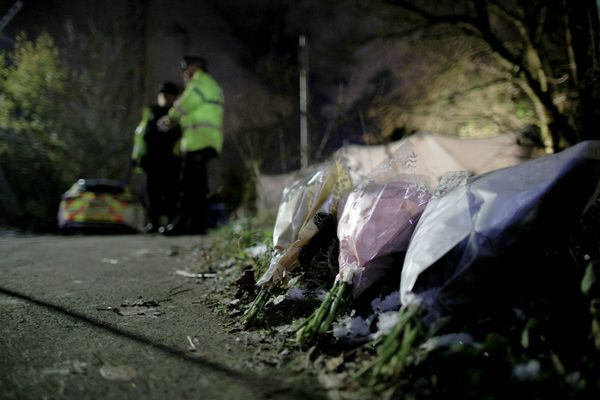BHP Group is a high-dividend payer that might be of interest to income investors.
BHP stock currently pays a 5.5% yearly dividend and has strong support around the 50 level. One way to take ownership of a stock for less than the current price is via a cash-secured put option trade. If the stock falters, you get it at a discount. If it goes flat or rises, you pocket a nice premium.
BHP is one of the world's largest diversified resource companies, with operations across several continents. It engages in the exploration, development and production of oil and gas properties as well as the mining of copper, silver, lead, zinc, molybdenum, uranium, gold and iron ores.
According to IBD Stock Checkup, BHP is ranked No. 11 in its industry group. It has a Composite Rating of 35, an EPS Rating of 51 and a Relative Strength Rating of 20. Not the best ratings, but they aren't relevant for our purposes here.
Setting Up A Cash-Secured Put On BHP Stock
Going out to the April expiration, a 140-strike call option was trading around $16.50, and the 150 call for around $12.45.
Let's take a look at how a cash-secured put trade looks on BHP.
As a reminder, a cash-secured put involves writing an at-the-money or out-of-the-money put option and simultaneously setting aside enough cash to buy the stock.
The goal is to either have the put expire worthless and keep the premium, or to be assigned and acquire the stock below the current price.
It's important that anyone selling puts understands that they may be assigned 100 shares at the strike price.
Let's assume we're happy to buy 100 shares of BHP stock at a price of 50 any time between now and Feb. 21.
Selling a Feb. 21, 50-strike put generates around $130 in premium. As the put seller, you have the obligation to purchase 100 shares of BHP stock at 50 if called upon to do so by the put buyer.
Less Risk Than Buying The Stock Outright
It's important to know where your break-even price is. For this trade, take the strike price and subtract the premium received, which gives you 48.70. That's 7.9% below yesterday's closing price.
The main risk with the trade is similar to outright stock ownership. If the stock falls sharply, the trade will suffer a loss. However, the loss will be partially offset by the premium received for selling the put.
The maximum loss on the trade occurs in the unlikely event that BHP falls to $0. That would see the trade lose $4,870, again slightly better than buying the stock outright here. Of course, most traders would cut their losses long before then.
What If The Stock Doesn't Go Down?
If BHP goes flat here or up, that's OK too. If BHP stays above 50 at expiry, the put expires worthless. Then you have a healthy 2.7% return on capital at risk. That works out to around 12% on an annualized basis.
Cash-secured puts are a fantastic way to generate a nice return on stocks that the trader is happy to own.
If the put does get assigned, the investor takes ownership with a reduced cost basis and can potentially begin selling covered calls to generate additional income from the position.
Please remember that options are risky, and investors can lose 100% of their investment.
This article is for education purposes only and not a trade recommendation. Remember to always do your own due diligence and consult your financial advisor before making any investment decisions.
Gavin McMaster has a Masters in Applied Finance and Investment. He specializes in income trading using options, is very conservative in his style and believes patience in waiting for the best setups is the key to successful trading. Follow him on X/Twitter at @OptiontradinIQ







